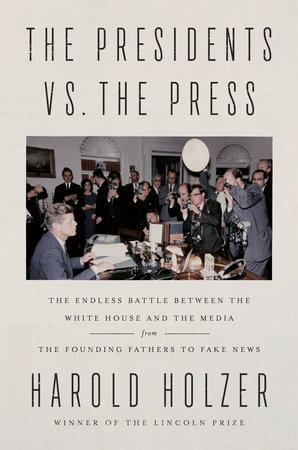
An Interview with Harold Holzer Regarding His New Book The Presidents vs. the Press
by Harold HolzerSara GabbardSara Gabbard: When in relationship to the timing of writing your marvelous Lincoln and the Power of the Press did you decide to write a book which would explore “the Endless Battle between the White House and the Media from the Founding Fathers to Fake News? Harold Holzer: The idea first struck me during the […]
Read More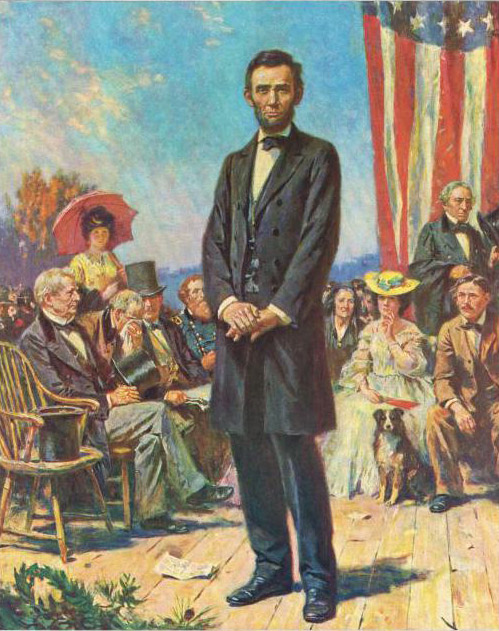
Lincoln, The Founders, and the Rights of Human Nature
by Lucas E. MorelIf they had bumper stickers for carriages back in Lincoln’s day, his would say: “I ❤ the American Founding.” It’s true that one can see the influences of the Bible, Shakespeare, and later political examples like John Quincy Adams, Daniel Webster, and Henry Clay in Lincoln’s speeches. But there was no greater influence on Abraham […]
Read More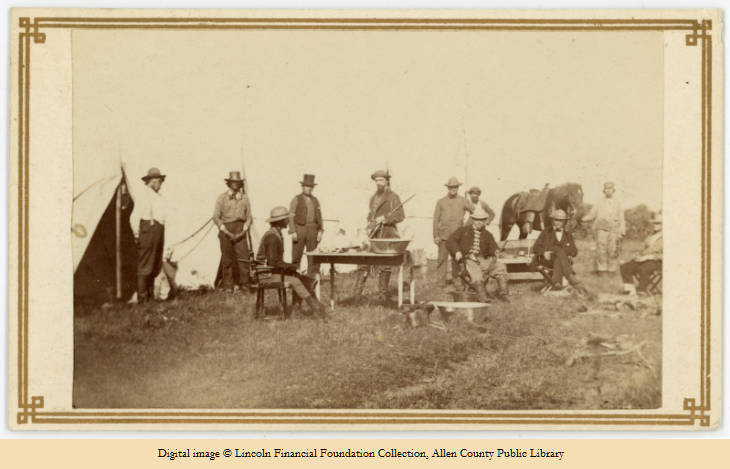
“Letters from the Front” by John Truex, Company D, 82nd Regiment, Indiana Volunteers
by John Truex & Vicky Truex GeislerAugust 27, 1862 (Camp Emerson) “Dear Wife” This letter was apparently written shortly after his arrival at Camp Emerson because he comments: “We have not drawed our clothes yet.” At this early date, the ugly reality of war has not yet dawned: “We are enjoying ourselves very well, getting as much to eat as soldiers […]
Read More
Reconstruction: What Went Wrong?
by Frank J. WilliamsBy Hon. Frank J. Williams Winning on the battlefield may be relatively “easy” compared to winning the peace afterward. Abraham Lincoln was a political genius in keeping together conservatives, moderates and Radicals during the American Civil War, especially after he found generals who could win battles. But things change and the longer that time passes, […]
Read More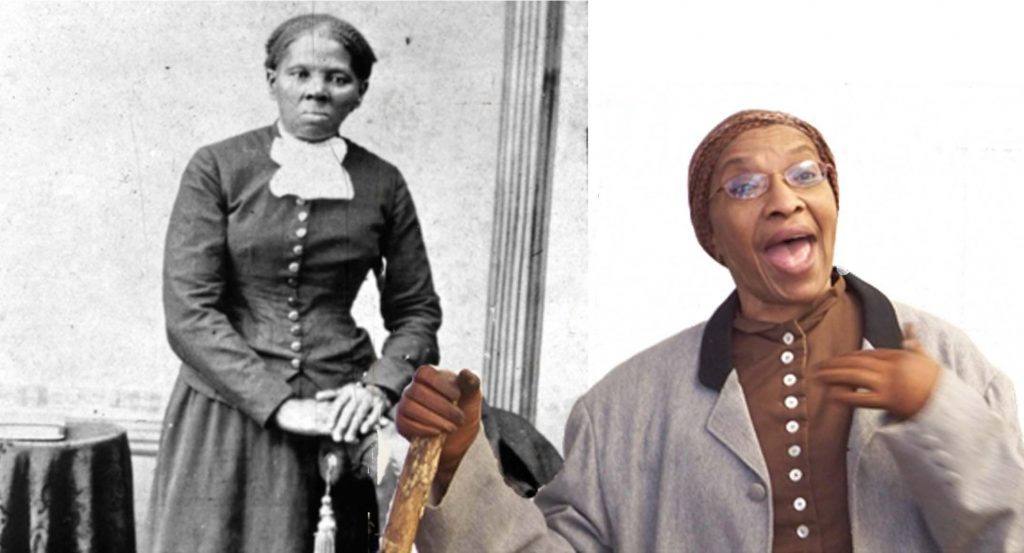
An interview with Kathryn Harris Regarding Her Portrayal of Harriet Tubman
by Kathryn Harris, Sara GabbardSara Gabbard: Your first person portrayal of Harriet Tubman is in a class by itself. What led you to this method of presentation? Kathryn Harris: I have found that audiences remember more content or information from a first person presentation than from reading or seeing a video. There is the opportunity to interact with the […]
Read More
Lincoln’s Domestic Policy
by Jon D. SchaffToward a More Modest Conception of the Presidency by Jon D. Schaff Charles and Mary Beard, in The Rise of American Civilization, make the claim that the Civil War constituted a “Second American Revolution.” The noted historian James McPherson, in his book self-consciously titled Abraham Lincoln and the Second American Revolution, echoes the Beards’ conclusion. […]
Read More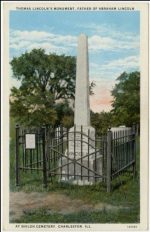
An Assessment of Thomas Lincoln
by Daniel Cravens Taylor, Sara GabbardAn Interview with Daniel Cravens Taylor Sara Gabbard: Please trace the Lincoln family’s journey from England to Virginia. Daniel Cravens Taylor: President Lincoln was not familiar with his family history in early life. As he approached his campaign for the presidency, Lincoln knew his father and mother came from Virginia but considered them to be […]
Read More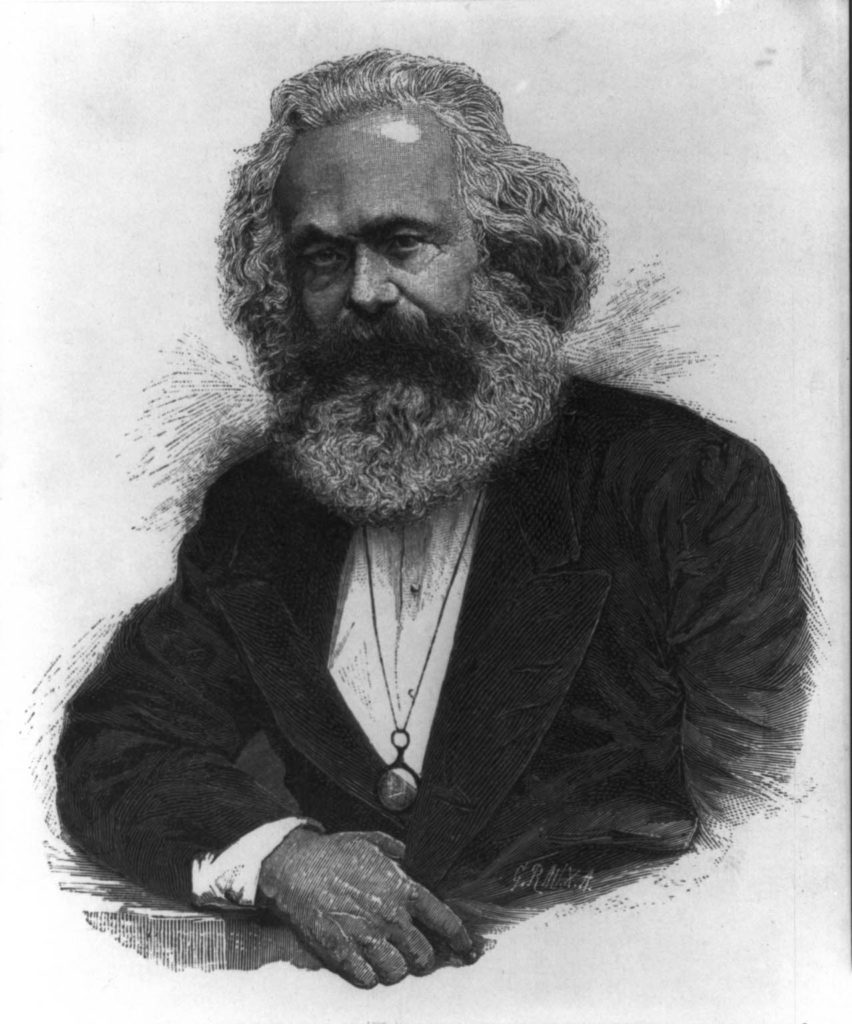
Marx and Lincoln
by Jeffery Kerr-RitchieMarx and Lincoln by Jeffery R. Kerr-Ritchie Karl Marx, Public Domain In November 1864, Abraham Lincoln was re-elected president of the United States. Numerous bodies outside America welcomed his re-election. One such was the International Working Men’s Association (IWMA). The IWMA was officially founded on September 28, 1864, at St. Martin’s Hall in central London. […]
Read More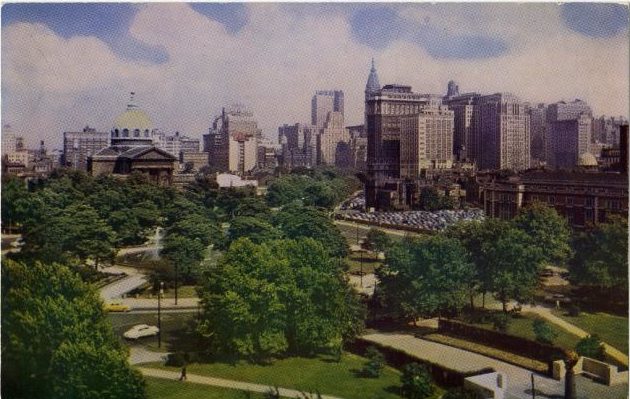
A Right Smart Get Out
by M. Kelly TilleryA Right Smart Get Out by M. Kelly Tillery Logan Circle Philadelphia 71.2009.083.2382 It is difficult to imagine, much less fully appreciate, that in June of 1864 the democratic republic as a form of government was extremely rare and under siege. This nation was the only large democracy, other than Britain, though that nation restricted […]
Read More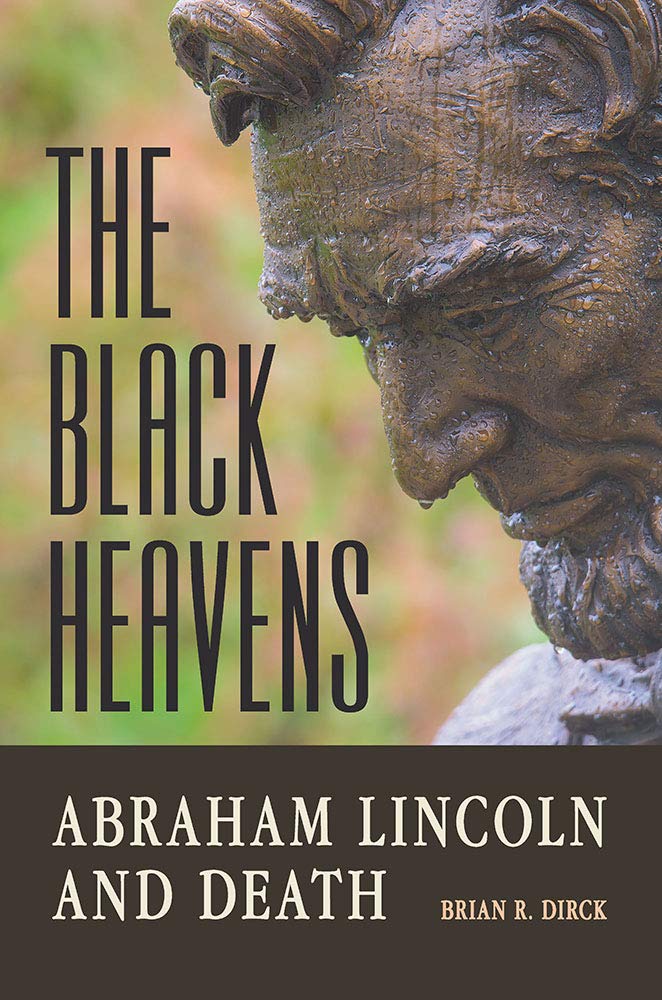
Interview with Brian Dirck
by Brian DirckAn Interview with Brian Dirck about his new book, The Black Heavens: Abraham Lincoln and Death (Southern Illinois University Press, 2019) Sara Gabbard: You undertook a monumental task in writing on this subject. What led you to accept the challenge? BD: Well, “The Black Heavens” could almost be a case study in how books […]
Read More
Interview with Ron Keller
by Ron KellerAn Interview with Ron Keller, Author of Lincoln in the Illinois Legislature. Sara Gabbard: I know that this book is a product of the Concise Lincoln Library, a series from Southern Illinois University Press. What led you to this specific topic? Ron Keller: Having served for many years as director of the Lincoln Heritage Museum […]
Read More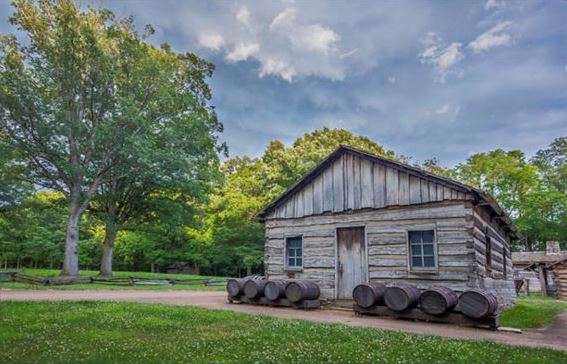
New Salem
by Guy Fraker, Mark B. PohladSpotlight on: New Salem by Guy Fraker and Mark Pohlad When Lincoln Walked the Streets of New Salem By Guy Fraker The itinerant Abraham Lincoln arrived in New Salem 1831, settling there until 1837. During this period, he spent considerable time in the Sand Ridge area to the west, to which a number of New […]
Read More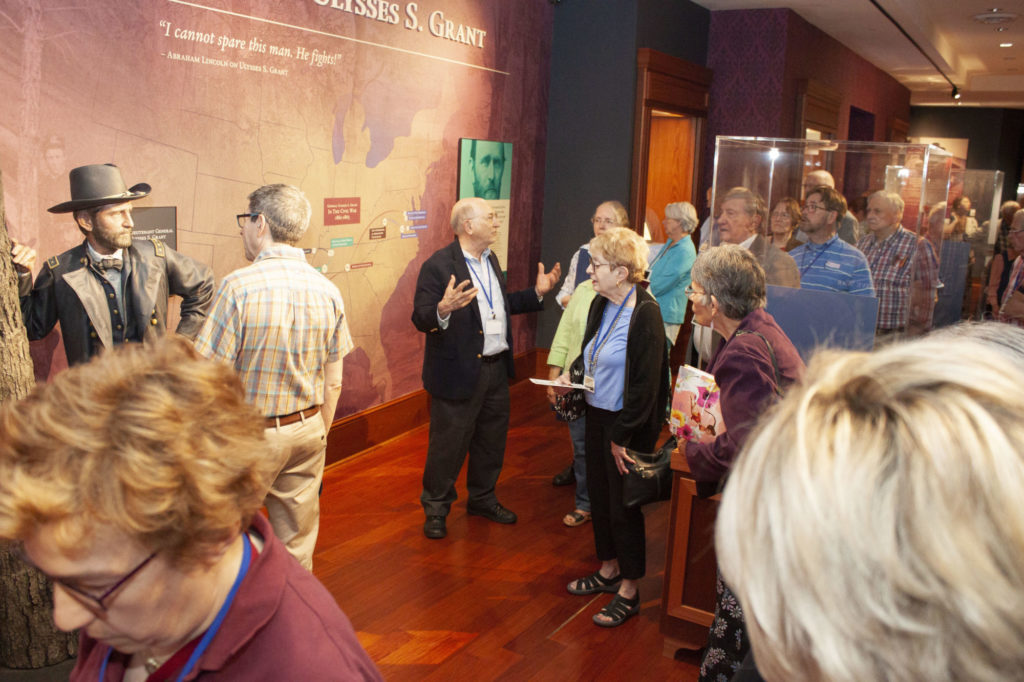
An Interview with John Marszalek
by John MarszalekAn Interview with John Marszalek, Executive Director of the Ulysses S. Grant Presidential Library at Mississippi State University Sara Gabbard Tour of the Grant Library at the annual USGA meeting in 2018, photo: J. Marszalek Sara Gabbard: Please trace the provenance of the Grant Papers before they arrived at Mississippi State University. John Marszalek: One […]
Read More
Books: An Interview with Harold Holzer
by Harold HolzerSara Gabbard: Some of our readers already know, but for those who don’t: Why did Lincoln become your lifelong focus? Harold Holzer: The “why” is harder to isolate than the “how.” It began for me in a fifth grade classroom in a rural neighborhood of New York City (yes, there was such a thing in […]
Read More
Lost to History: Abraham Lincoln’s Act to Encourage Immigration
by Jason H. SilvermanLost to History: Abraham Lincoln’s Act to Encourage Immigration By: Jason H. Silverman Sometimes it’s difficult to believe that anything Abraham Lincoln did was lost to history. But historians have overlooked one of President Lincoln’s signature pieces of legislation, The Act to Encourage Immigration, July 4th, 1864, the first, last, and only major law in […]
Read More